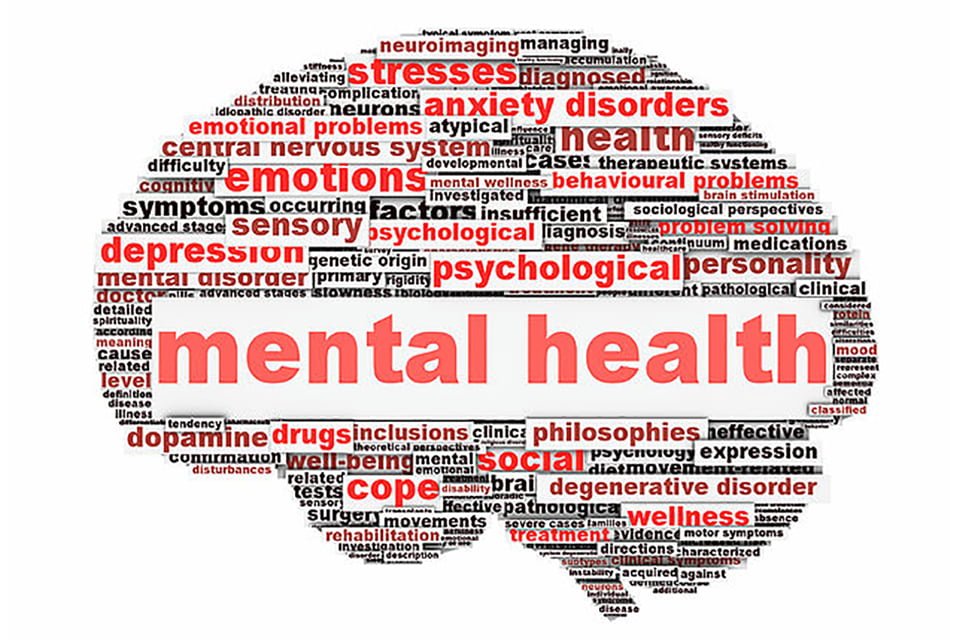The SCSC believes that the mental health of children and young people should be made an even greater priority. While we welcome the focus on early intervention and prevention we believe that child and adolescent mental health services (CAMHS) require greater funding and resources to ensure they are able to meet demand and the 18-week waiting time target.
To improve mental health in Scotland we believe that the following actions must be taken:
- That child well being and resilience continues to be supported through continued investment in broad programmes such as GIRFEC, which are preventative against poor mental health.
- As part addressing the waiting time issue for CAMHS, there should be a review to ensure that the fuller treatment picture is looked at, from the initial appointment to follow-up treatment. This should also ensure rejected referrals, ensuring that no child or young person is missing out on the treatment they should be receiving. Between January 2015 and June 2016, 9,000 referrals to CAMHS were rejected. We need answers as to what has happened to these children and a strategy to support them to ensure they do not simply fall through the cracks of the system.
- Increased investment in CAMHS inpatient and outpatient services to ensure children and young people get the help they need, when they need it.
- Greater investment in outpatient and community based mental health services to relieve the pressure on CAMHS. This includes psychiatrists, community psychiatric nurses, psychologists and occupational therapists. There should also be greater investment in drop-in centres, talking therapies and dedicated mental health support available from GP practices (on demand counselling services).
- That there is funding to promote greater awareness and understanding of mental health and well being, ensuring young people know what mental health information, support and services are available in their local area, know where to go for advice, support and treatment.
- The emphasis must be on preventing poor mental health and in early intervention, reducing the need for hospitalisation. However, for those requiring acute care and assessment there must be adequate inpatient provision. The number of beds recommended by the Royal College of Psychiatrists for the population of Scotland ranges between 125 and 208. In Scotland we only have 48 beds for adolescents with mental health problems and we do not have inpatient care for children and young people with severe intellectual disability and/or autism diagnosis. There is also no provision in Scotland for inpatient forensic CAMHS for children and young people with mental health problems and/or learning disability. These groups of children require the same specification in terms of provision (i.e. secure units with capacity for one to one care in isolation from other children). At present these children are sometimes sent to provision in England, a harrowing experience for the child and the family. An adequate number of inpatient beds for those requiring acute care and assessment would be beneficial to the children and young people who require it, as well as their families and would also make sense economically.
What do we want mental health services in Scotland to look like in 10 years’ time?
It is our vision for Scotland to become a world leader in the care and support of vulnerable children and young people. The focus would be on early intervention and prevention, as well as on educating young people on mental well being, ensuring they understand mental health, where to access advice and get help if they require. If help is required, Scotland’s children and young people should be able to access the appropriate support as and when it is required, and never have to wait months for treatment. Mental health would have parity of esteem with physical health, and mental health services would be adequately funded and resourced so that children and young people can get the help they need, when they need it.
